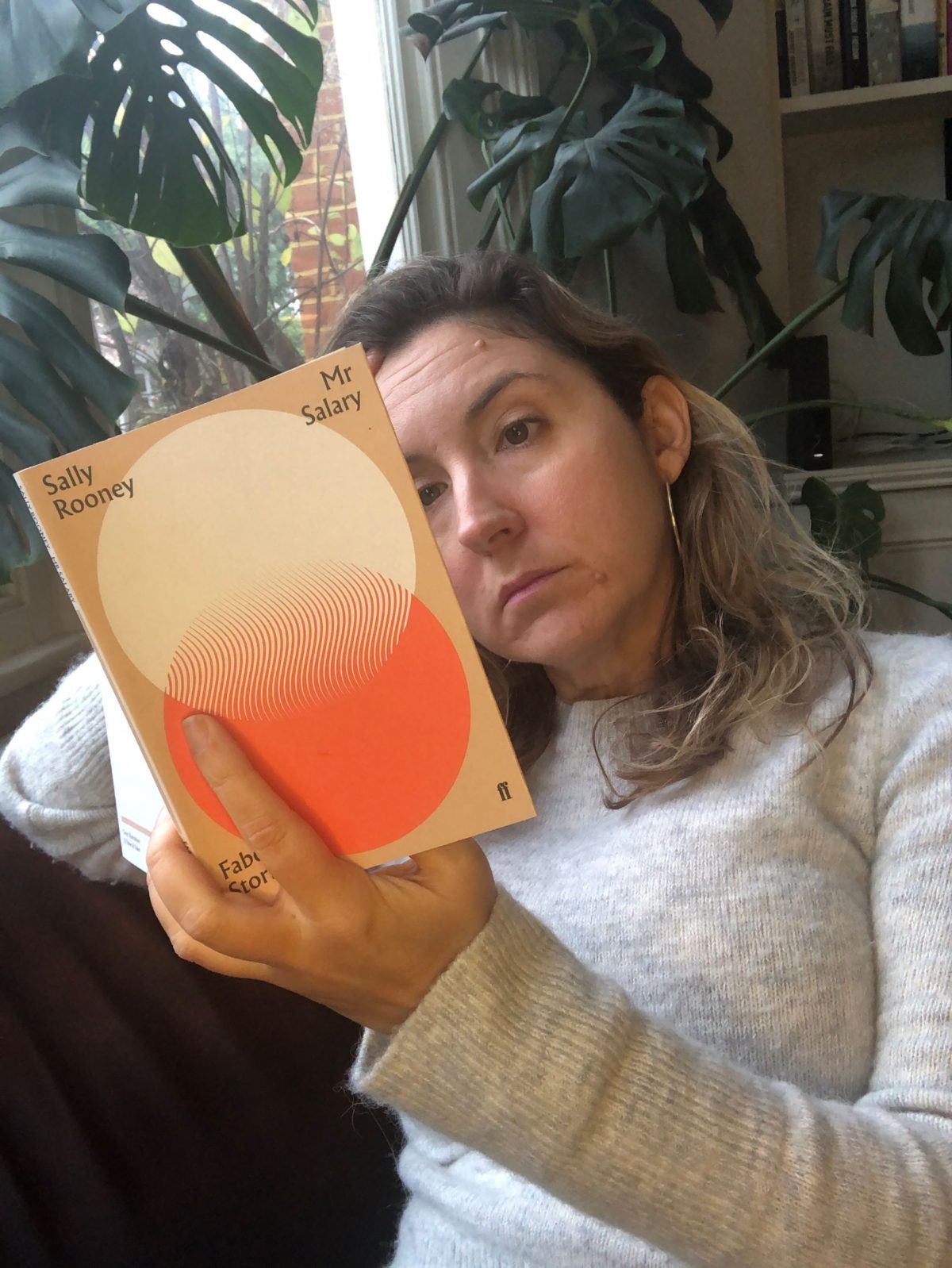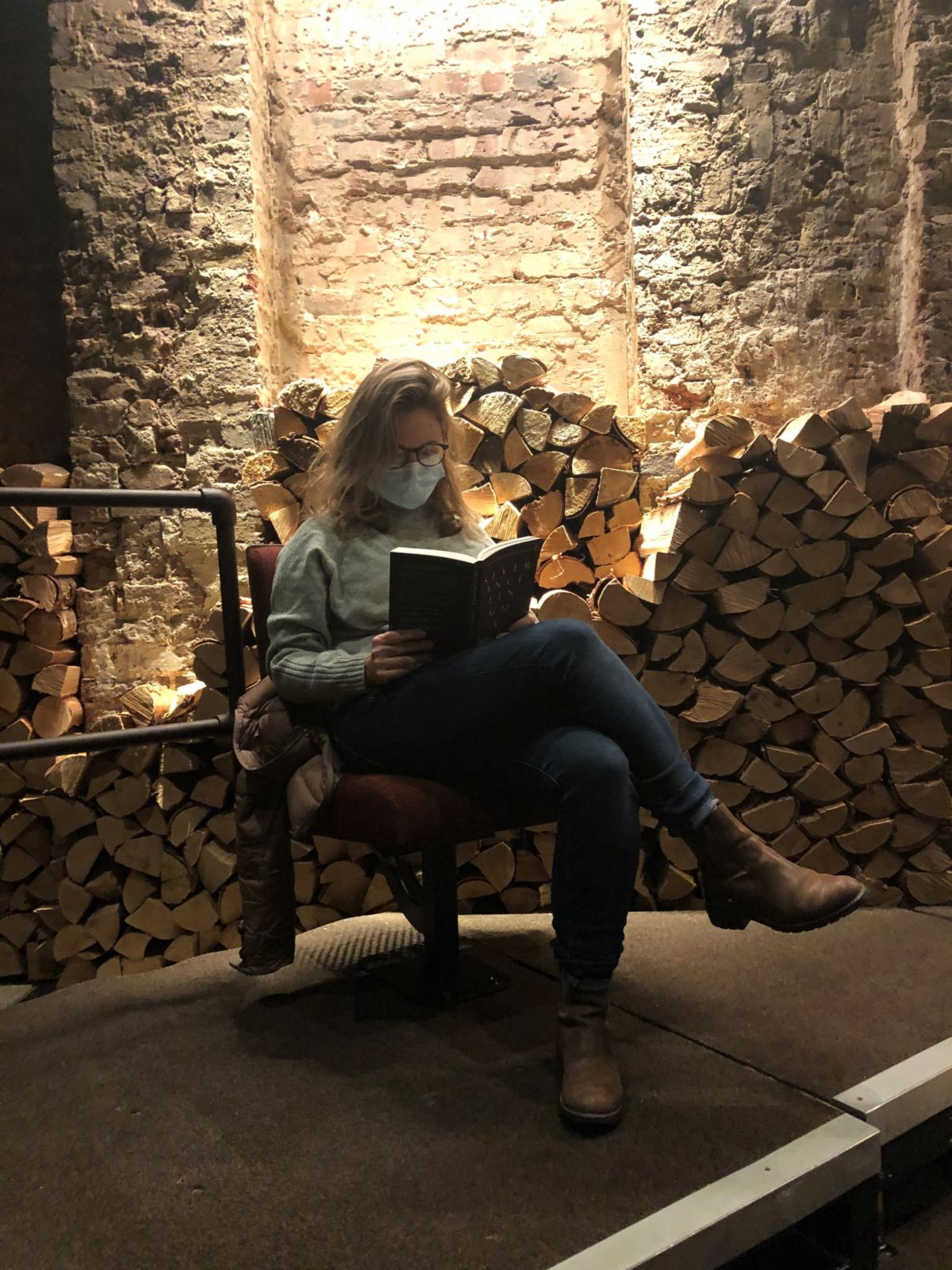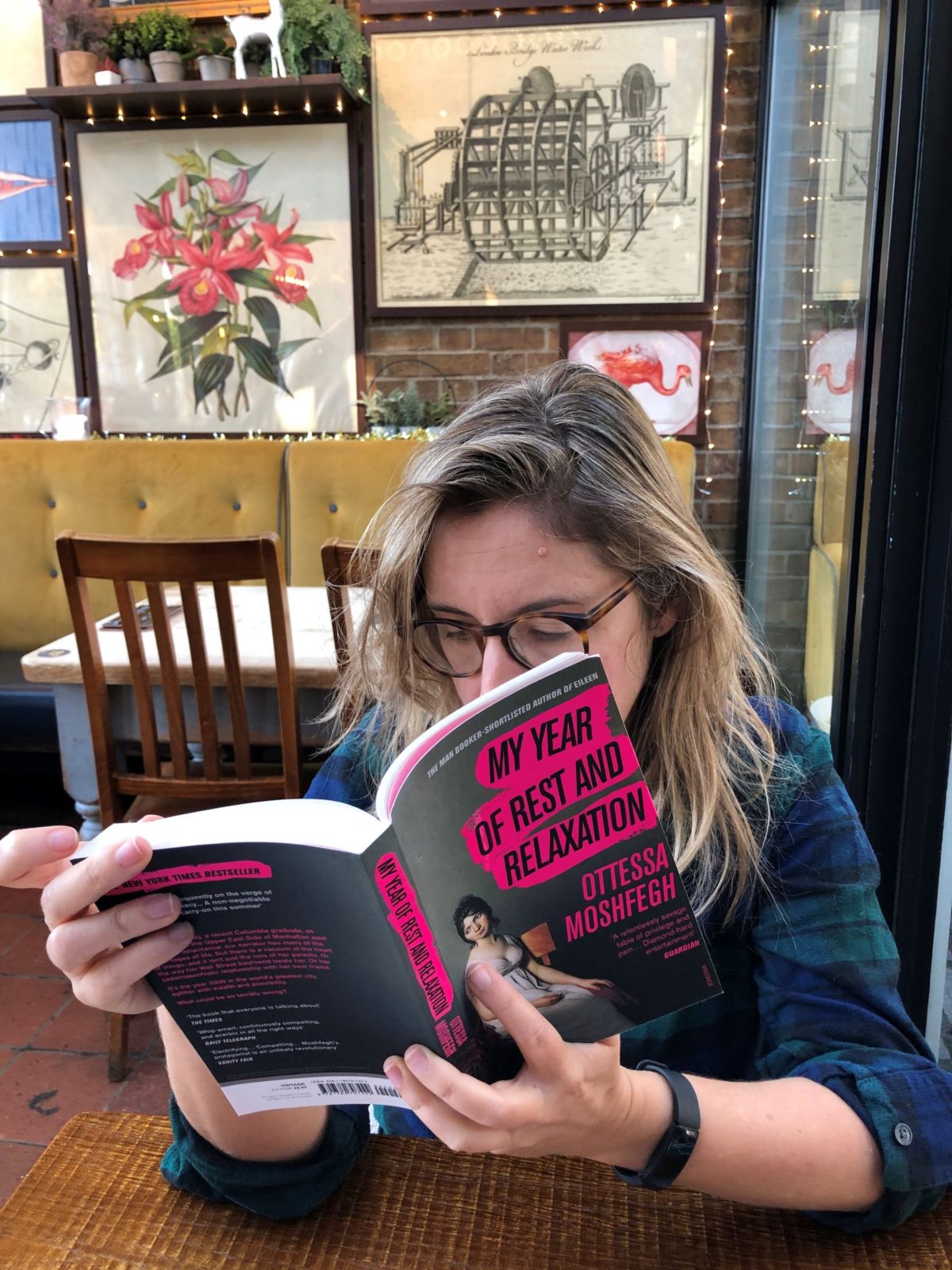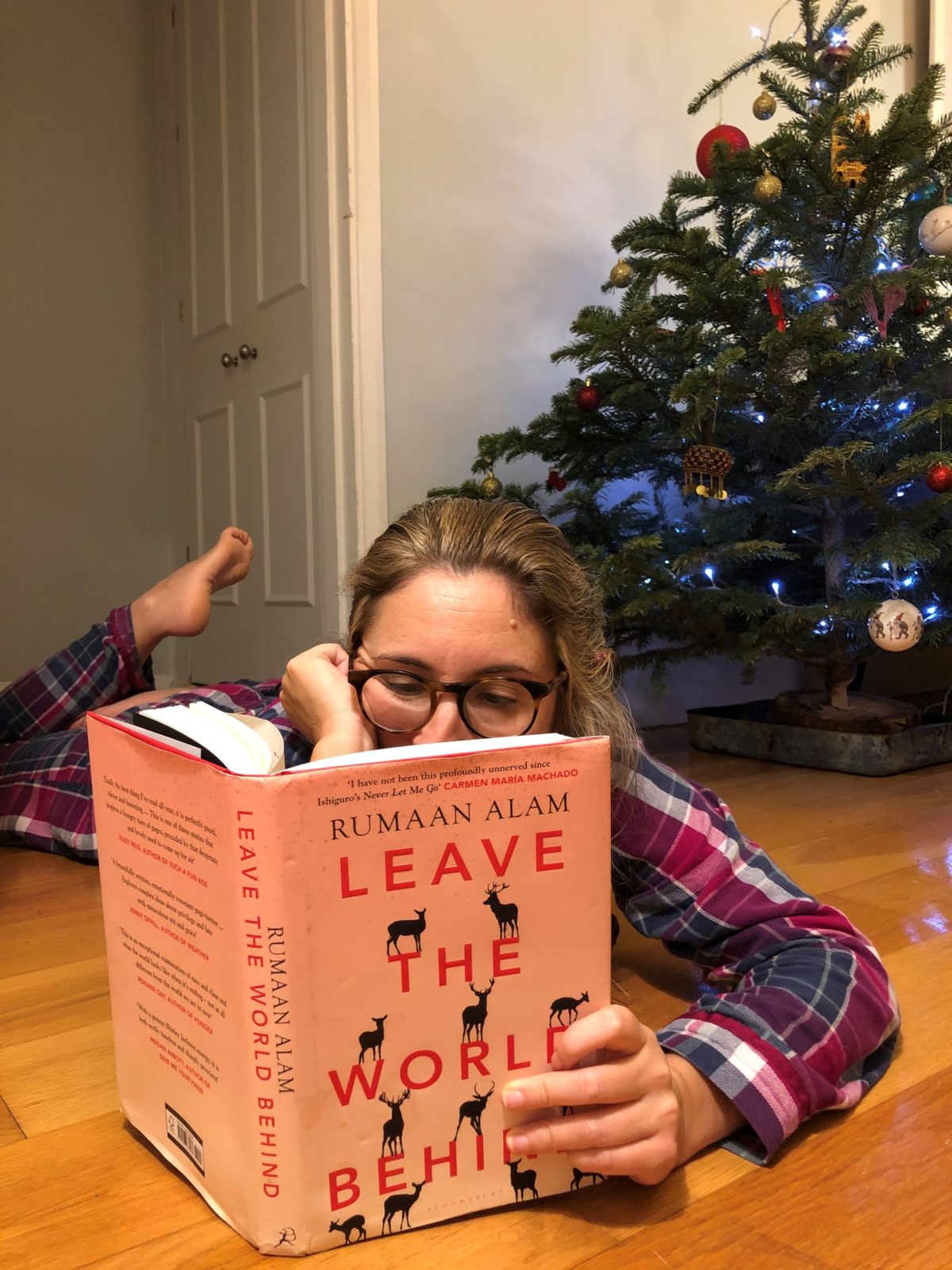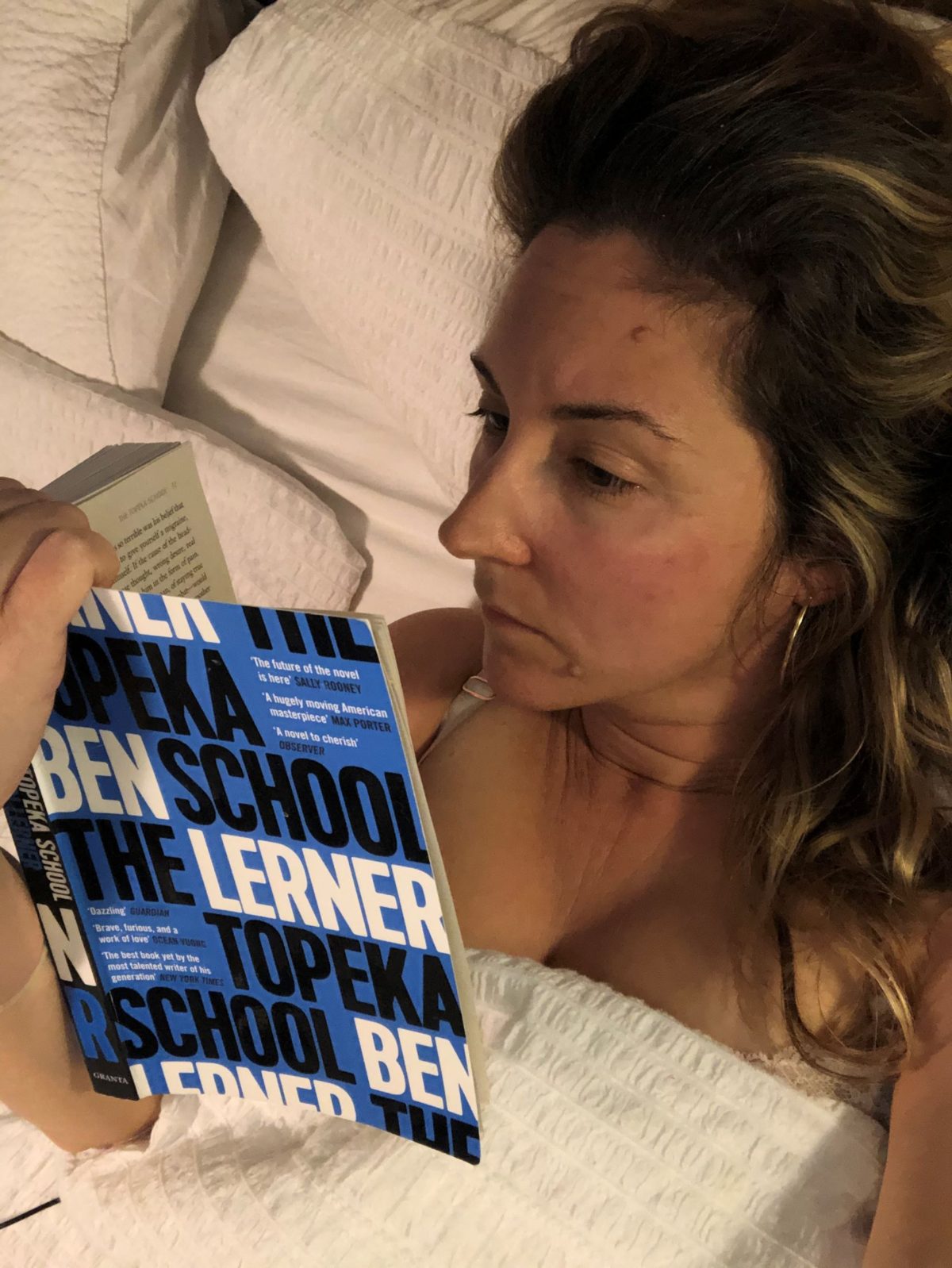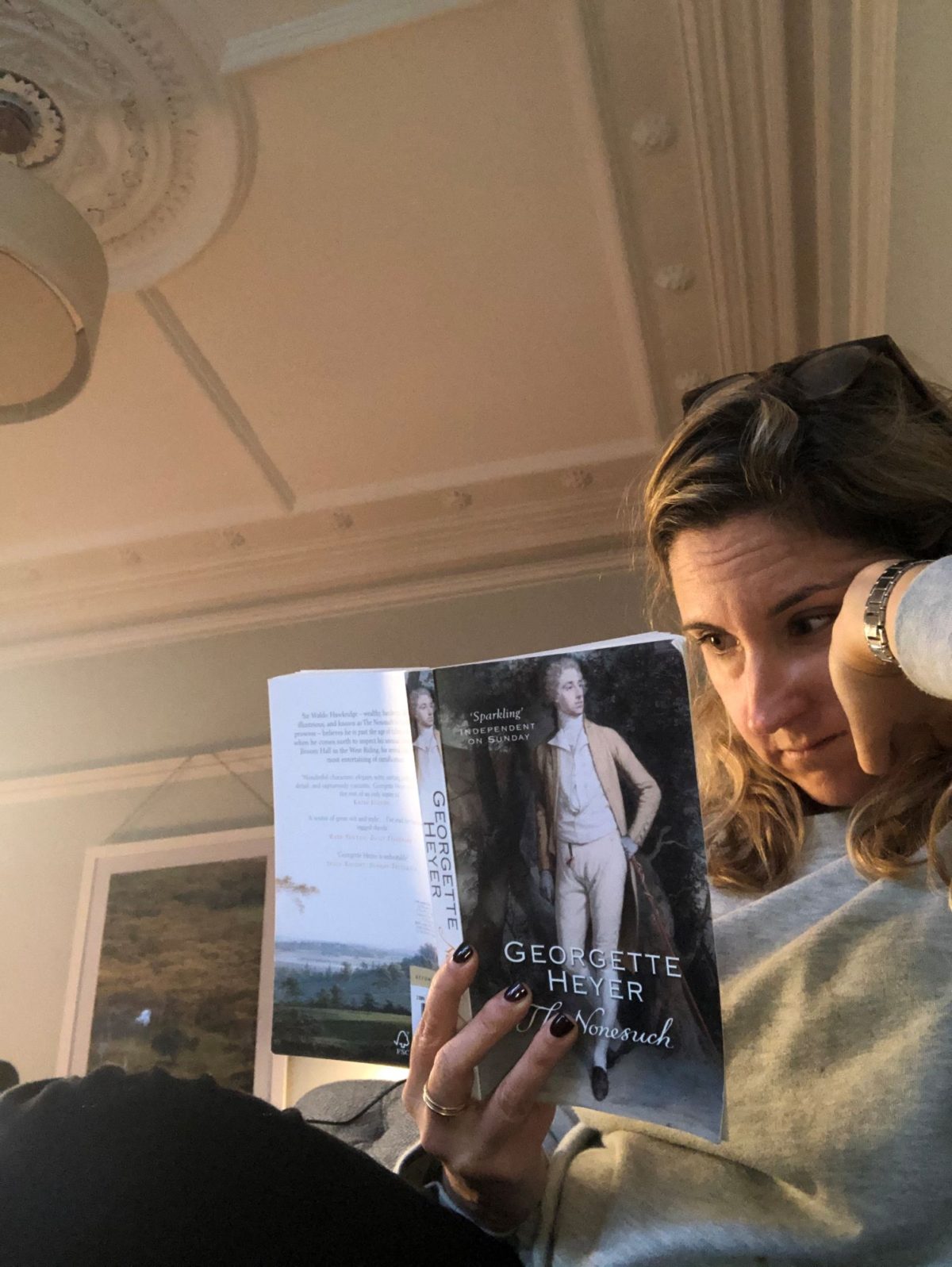Dambudzo Maruchera lived a short and remarkable life. He was born in Rusape (a small town in Zimbabwe) to a mortuary attendant and a maid, and had a rough childhood. He excelled at school, and went to the Universities of Rhodesia and then Oxford, neither of which worked out. He drank a lot, maybe had some mental health challenges, and was dead of AIDS at 35. And somewhere in there, he wrote a handful of books that revolutionized African literature
HOUSE OF HUNGER is his most famous book. It begins with this amazing first line:
I got my things and left.
I love this. I don’t know why. Humour me by letting me quote extensively. Here he is talking to his mother and his brother:
That hoarse bass voice of hers had not always been like that. She blamed it on the way she had ‘come down in the world;’ which was merely a euphemism about her excessive drinking. . . She liked nothing better than to nag me about how she had not educated me to merely sit on my arse. And when nagging me her language would take on such an earthy hue it made me wonder why I ever bothered to even think about humanity. . .
“I sent you to University,” she said. “There must be big jobs waiting for you out there.”
“Tell that to Ian Smith,” Peter butted in maliciously. “All you did was starve yourself to send this shit to school while Smith made sure that the kind of education he got was exactly what has made him like this.”
I did not like this so I began to whistle ‘Little Jack Horner Sat in a Corner.’
Peter, as usual when something indistinct disgusts him, farted long and loudly and spat in my general direction, and muttered something about capitalists and imperialists.
“And the bloody whites,” I added, for this trinity was for him the thing that held the House of Hunger in a stinking grip.
One of the most interesting things about the world is how he inhabits two worlds, local and global at the same time. Try this, on the local prostitutes:
Most of them had nowhere secret to take their numerous clients. They used the bush instead. The countryside, up to then, had left me cold and indifferent; later a hasty affair with Wordsworth’s Prelude swung me to the opposite extreme.
An amazing mashup. It’s a bold, weird, exciting book, and makes me proud to be a Zimbabwean.


